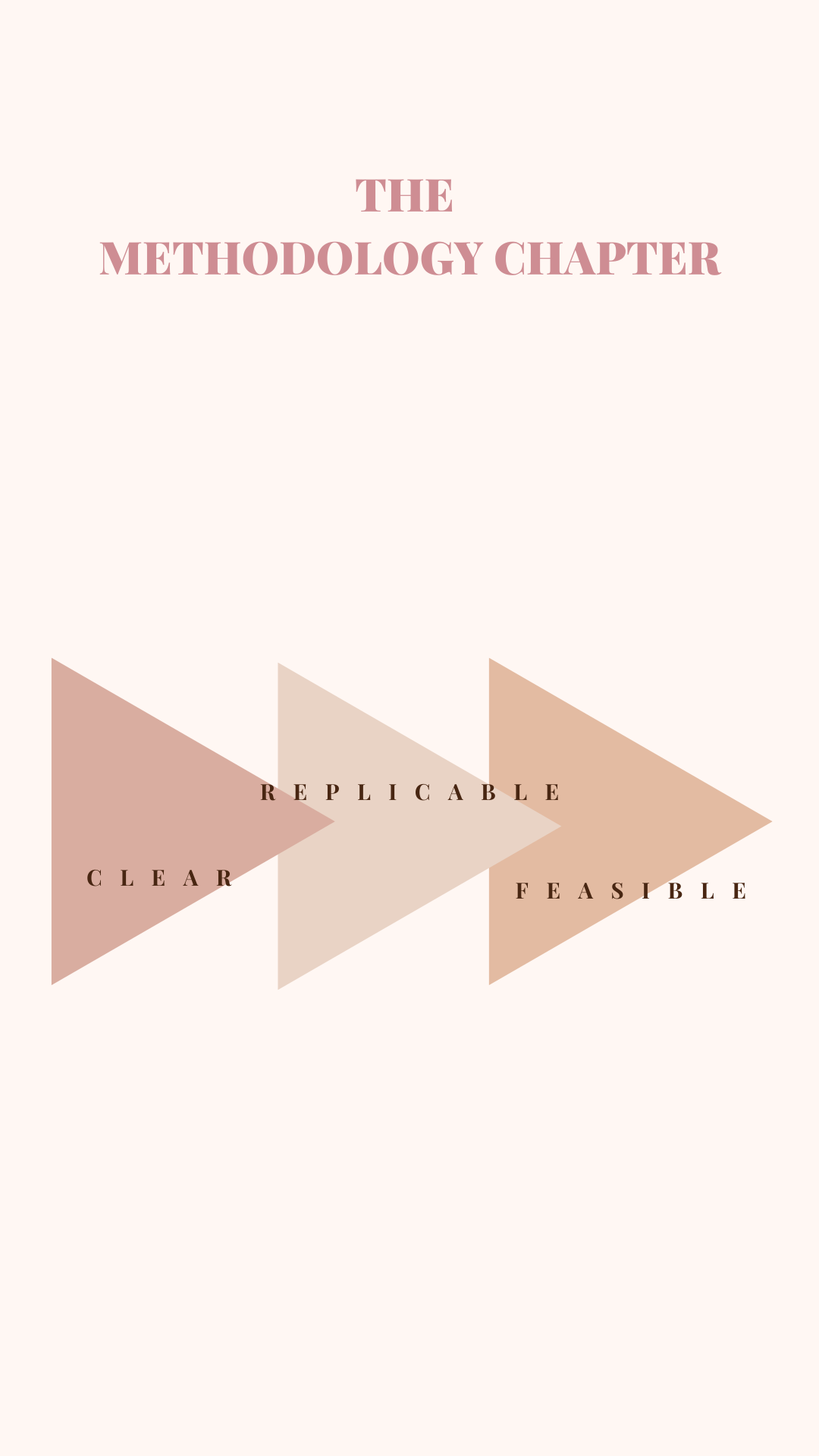The methodology chapter is a vital part of your dissertation. It provides the foundation for your research by explaining the methods you used to gather and analyse your data. This chapter ensures your work is credible and transparent, making it one of the most closely scrutinised sections of a dissertation. Writing it well is essential, but it can also be challenging.
Here, we’ll explore what makes a strong methodology chapter, the key elements to include, and how academic coaching can help you navigate common pitfalls.
Factors to Consider
The purpose of the methodology chapter is to justify and explain the methods you used to address your research question. It should align with the aims and objectives of your study, demonstrate the validity of your approach, and provide enough detail for another researcher to replicate your study. Whether you are conducting quantitative, qualitative, or mixed-methods research, clarity is key.
When writing your methodology chapter, start by identifying the research design you used. Is your research exploratory, explanatory, or descriptive? Each design has specific strengths and limitations, and your choice should align with the nature of your research question. Following this, describe your data collection methods in detail. Did you conduct surveys, interviews, or experiments? If secondary data was used, explain how you sourced it.
Next, explain how you analysed your data. For quantitative research, this could include statistical techniques or software tools. For qualitative research, you might describe thematic analysis or coding methods. Importantly, justify your choices at every step. For example, why did you choose interviews over focus groups? Why is regression analysis suitable for your data?

Context is also essential. Explain why your methods are suitable for your specific field of study. How does your chosen methodology respond to the context of your research problem? By connecting your methods to the academic literature and field-specific practices, you strengthen the credibility of your approach.
Writing a methodology chapter can feel overwhelming, especially when juggling technical details and academic writing requirements. Many students face common pitfalls during this process.
Common Pitfalls
One common mistake is failing to justify the chosen methods adequately. Simply listing what you did isn’t enough; you need to explain why you did it and why it was the most appropriate choice for your research. Another pitfall is including excessive technical jargon without clarifying what it means for a general academic audience.
Students also sometimes neglect to address the limitations of their methodology. Acknowledging potential weaknesses doesn’t undermine your work; instead, it shows you understand the scope and boundaries of your research.
How Academic Coaching Can Make a Difference
Academic coaching can make a significant difference in overcoming these challenges. A coach can help you clarify your research design, select appropriate methods, and articulate their relevance effectively. They can guide you in structuring your chapter logically, ensuring that your writing is both clear and persuasive.
Coaching can also provide support when you feel stuck or overwhelmed. Many students struggle with the sheer volume of decisions involved in writing the methodology chapter, from choosing the right analytical tools to aligning methods with research objectives. An academic coach can offer personalised advice, helping you navigate these decisions with confidence.
Ultimately, the methodology chapter is your opportunity to showcase the rigour of your research process. By explaining your methods clearly and justifying your choices, you not only strengthen your dissertation but also contribute meaningfully to your academic field.
If you’re unsure where to begin or need help refining your approach, academic coaching can be a valuable investment in your success. Through one-on-one support, you can develop the skills and confidence needed to write a methodology chapter that stands out.